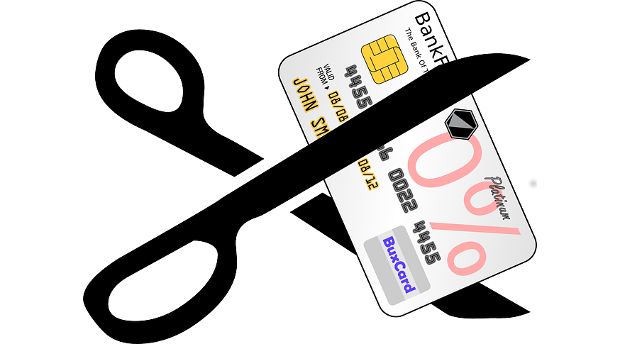Calling in Sick? Maybe You Could Try Some of These Excuses
Post Views 1Calling in sick to work is a common occurrence. Many employees have varying reasons as to why they’ve called in, but there are apparently even more reasons provided to the boss.
A recent online survey posted by CareerBuilder found that approximately 30 percent of employees have called in sick with a phony excuse in the last year. A popular reason for calling in sick is actually being sick with a cold or the flu, so it’s not surprising that the majority of employees (34%) call in during the first quarter of January to March. The third quarter (July to September) was a close second at 30 percent, followed by the fourth (23%) and second quarters (13%).
Most employees, an overwhelming 84 percent, call in sick via phone. Others, however, are utilizing modern technology, with 24 percent sending an email to the boss and 11 percent opting for a text message.
The excuses for being unable to be at the office are sometimes considerably more extraordinary than the flu, whether or not the excuses are legitimate. For instance, one employee claimed that his 12-year-old daughter stole his car, taking away his only form of transportation. He evidently didn’t want to involve the police. One worker said that bats got in her hair, and another had to miss work due to a refrigerator falling on him.

The bosses may be catching on. Fifteen percent of employers surveyed said that they had terminated an employee’s position for falsifying the reason for not being at work. Twenty-eight percent have followed up an employee who was reputedly sick by asking for a doctor’s note (69%), calling the worker (52%), having another employee make that call (19%) or getting in stalker-mode and driving by the employee’s house (16%).
Rosemary Haefner, Vice President of Human Resources at CareerBuilder, said, “While outrageous events are known to happen, frequent absences and over-the-top excuses can start to bring your credibility in question. Many employers are more flexible in their definition of a sick day and will allow employees to use them to recharge and take care of personal needs. This is especially evident post-recession when employees have taken on added responsibilities and are working longer days. Your best bet is to be up front with your manager.”
The survey was conducted by Harris Interactive on behalf of CareerBuilder. More than 2,600 employers and 4,300 employees participated in the survey from August 16th to September 8, 2011.
Calling in Sick? Maybe You Could Try Some of These Excuses by Harrison Barnes



 What’s Lacking in the Work Place
What’s Lacking in the Work Place  Top 10 Most Popular Granted Employer Articles of 2017
Top 10 Most Popular Granted Employer Articles of 2017  Top 5 Areas You Should Cut Costs in Your Business in 2016
Top 5 Areas You Should Cut Costs in Your Business in 2016  The New Trend of Defamation Lawsuits
The New Trend of Defamation Lawsuits  Overwhelmed at Work? 7 Simple Strategies to Make Things Better
Overwhelmed at Work? 7 Simple Strategies to Make Things Better  Telecommuting Doesn’t Work for All Jobs
Telecommuting Doesn’t Work for All Jobs  The Most Popular 20 Employer Articles for Gig in 2015
The Most Popular 20 Employer Articles for Gig in 2015  What Does It Actually Cost to Hire a New Employee?
What Does It Actually Cost to Hire a New Employee?